
by Victoria Lucas
The City
Yes, San Francisco is known for earthquakes, and perhaps I should be more careful with that word "epicenter." However, just as earthquakes start deep underground, so did the current cultural cluster of motion in this town whose underground is decidedly showing.
Free the Muses!
That's "motion" as in "motion pictures," but also as in music, which is sound in time. Music has been locked up in conservatories and other academic institutions for far too long. Time to let it loose. And lo and behold it consorts with experimental movies and finds people with electronic talent, and you get a spectrum of separateness, with pure films at one end and pure music at the other, and in the middle a fusion.
That fusion was happening at the San Francisco Tape Music Center for years before I moved to this cultural epicenter, in the collaboration of artist Anthony Martin and the composers who work and perform at the Center. I've seen some of these remarkable pieces, although when I hear them on the live broadcasts on public radio station KPFA when I can't go, the theater pieces and light shows don't really come across. (Imagine me sticking out my tongue here.) The most exciting event this year, though, has to be the one that exploded onto the music scene on November 4, by composer Terry Riley, rendered at 321 Divisidero by fellow composer and Tape Music Center performers Steve Reich, Jon Gibson, Morton Subotnik, and Pauline Oliveros.

Composer Terry Riley
In C
Here's what SF Chronicle music critic Alfred Frankenstein wrote about Riley's shaker "In C" under the headline "Music Like None Other on Earth":
"This primitivistic music goes on and on," and "At times you feel you have never done anything all your life long but listen to this music and as if that is all there is or ever will be, but it is altogether absorbing, exciting, and moving, too."
Frankenstein captured my feelings exactly as I listened to the music. Mark my words, in half a century this will look like the most influential musical event of this time period.
Sandy but not a beach
On the other end of the spectrum, there was also a VIF (Very Important Film) that debuted in September in the U.S. and somewhat later here in The City, another culture bomb that I predict will also be analyzed nearly to death in future rounds of teaching and criticism. "Woman in the Dunes" concerns a traveling entomologist (you could call him a bug catcher) and a woman who is not allowed out of her hole in sand dunes. It was made in Japan with an interesting sound track by Tôru Takemitsu, from a book by Kôbô Abe. I have been told that the Japanese title is "Suna no onna" (sand woman).

The sand woman lying in her hut covered with sand
Said to be a "new wave" film, even though it is "foreign" it might be an Oscar magnet. The performances of the two main actors have been lauded, and the story has been given different interpretations. What I find most telling about it is that of the two main actors the man is named (Niki Jumpei) but the woman is not. If she ever had a name, it is not revealed during this story, although we know that she is a widow. She is a captive of the nearby community, who keep her in the sand pit, shoveling sand for their use and sale; when the man is captured as well, her situation does not immediately improve, although Jumpei is ultimately responsible for her escape. Go see it if you can. Is this an "underground film"? No, but it's not mainstream either; you will not find it in your neighborhood movie palace.
Avant-garde films
Most of the films made in and around San Francisco are not considered to be Oscar-worthy, but they could be called "underground films." They are made, for instance, by members of the Canyon Cinema, founded by Bruce Baillie. The experimental films made by Baillie and Bruce Conner and Stan Brakhage, and many others, are played at small venues in the Bay Area. Mostly distributed on black and white 16-mm film (with some Super-8 after Brakhage's equipment was stolen), they blur and sharpen focus, play with sound and light. Some filmmakers draw or paint on the film itself, or use color sparingly. It appears that film, too, needs to be released from the movie theater, even the ones that play foreign films like "Woman in the Dunes."
Digging deeper
To find the venues for the music and movies I am coming to love (including, by the way, the beautiful "Window Water Baby Moving" by Brakhage that still gets played from time to time), I increasingly find that I have to know someone or pick up a mimeographed flyer or see a small poster tacked up.

Scene from Brakhage's "Window Water Baby Moving"
Now that I've wormed my way to San Francisco, I seem to be digging my way further underground. Who knows how far down this rabbit hole goes!

![[December 17, 1964] San Francisco as Cultural Epicenter (Woman in the Dunes, etc.)](https://i0.wp.com/galacticjourney.org/wordpress/wp-content/uploads/2019/12/womanlying.jpg?resize=672%2C372)

![[July 28, 1964] Beatlemania Arrives Down Under!](https://i0.wp.com/galacticjourney.org/wordpress/wp-content/uploads/2019/07/640728Beatles-Off-to-NZ.jpg?resize=672%2C372)

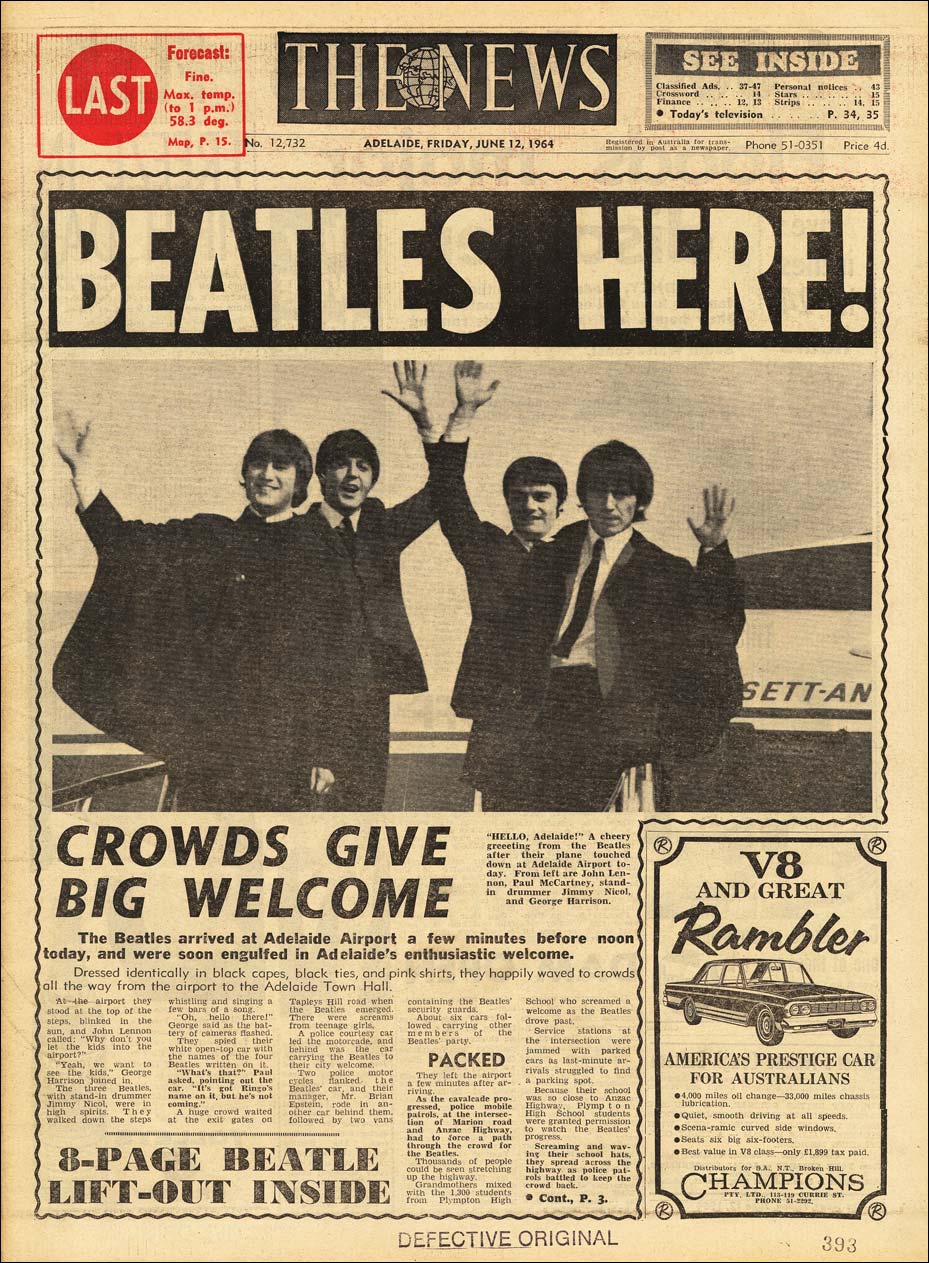
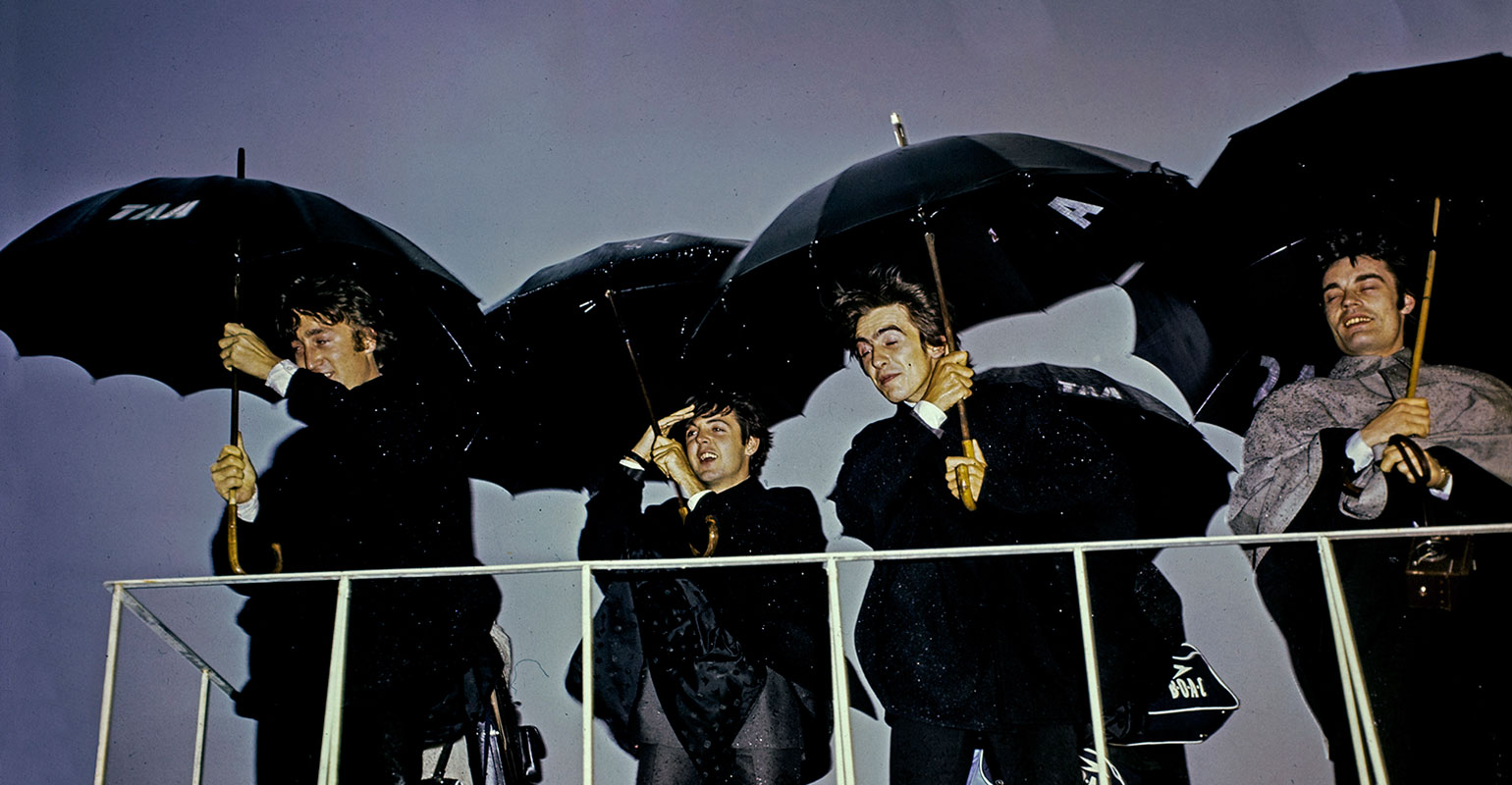
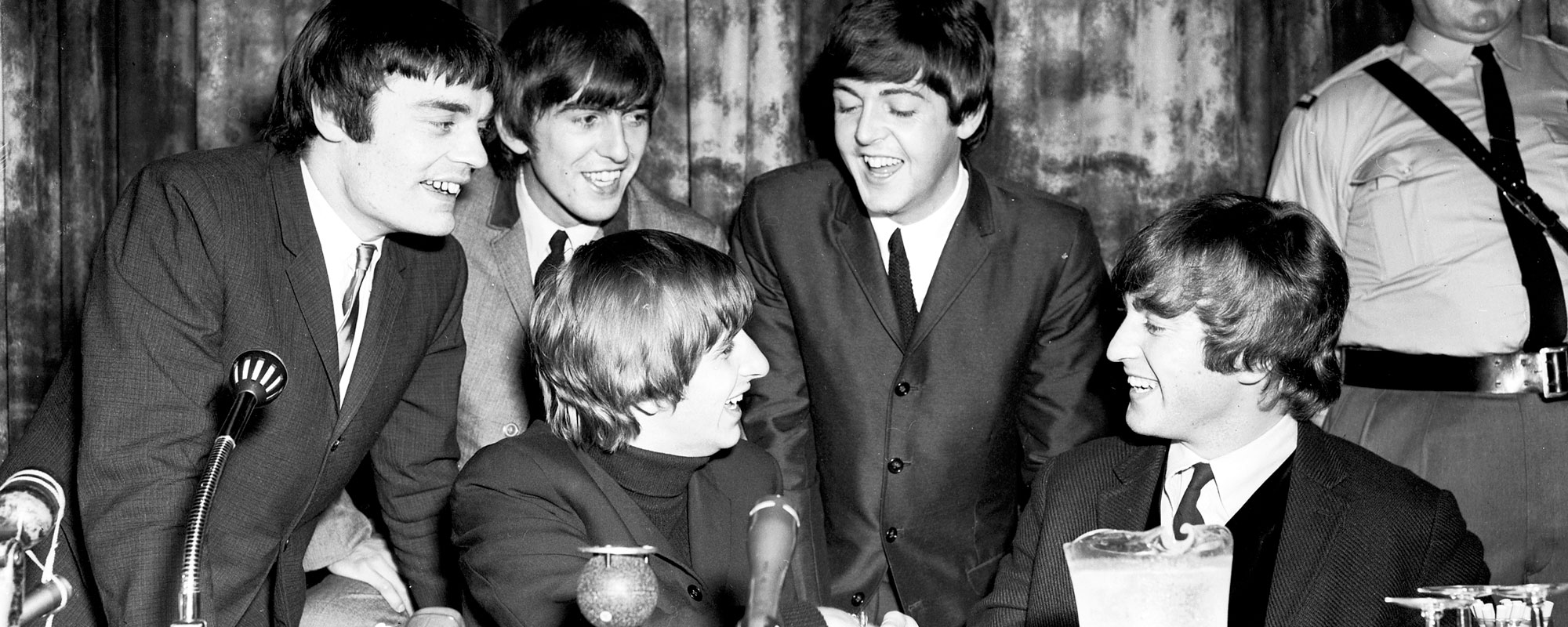
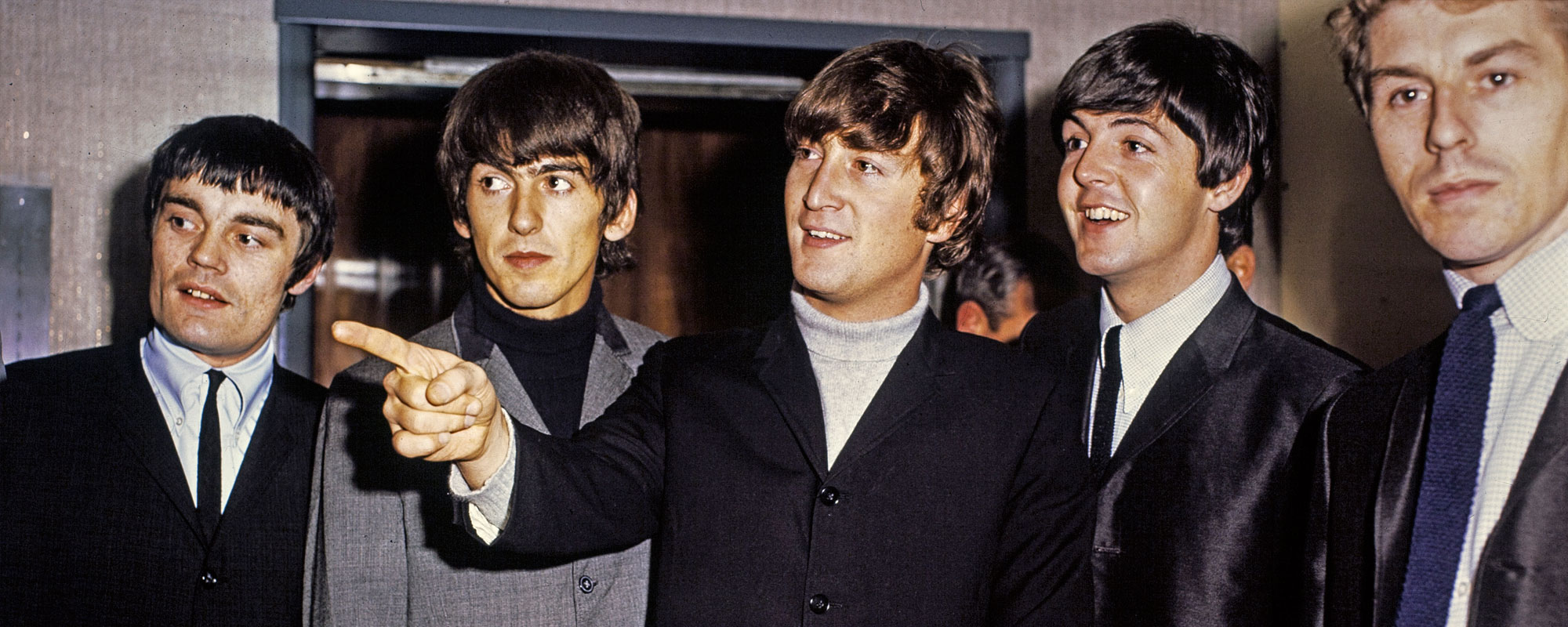
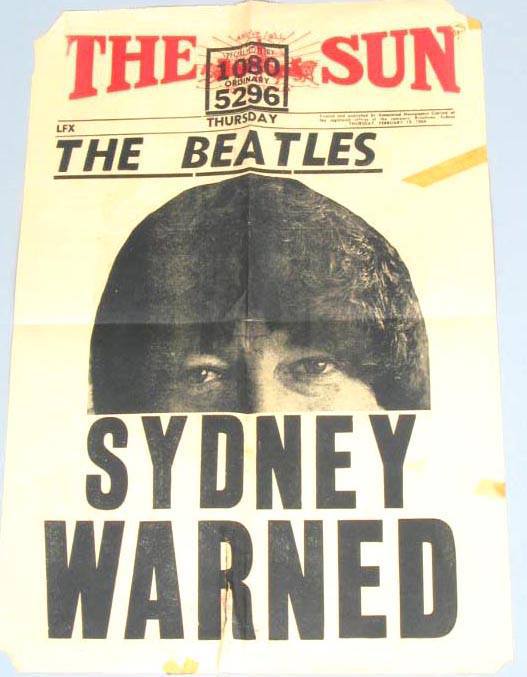
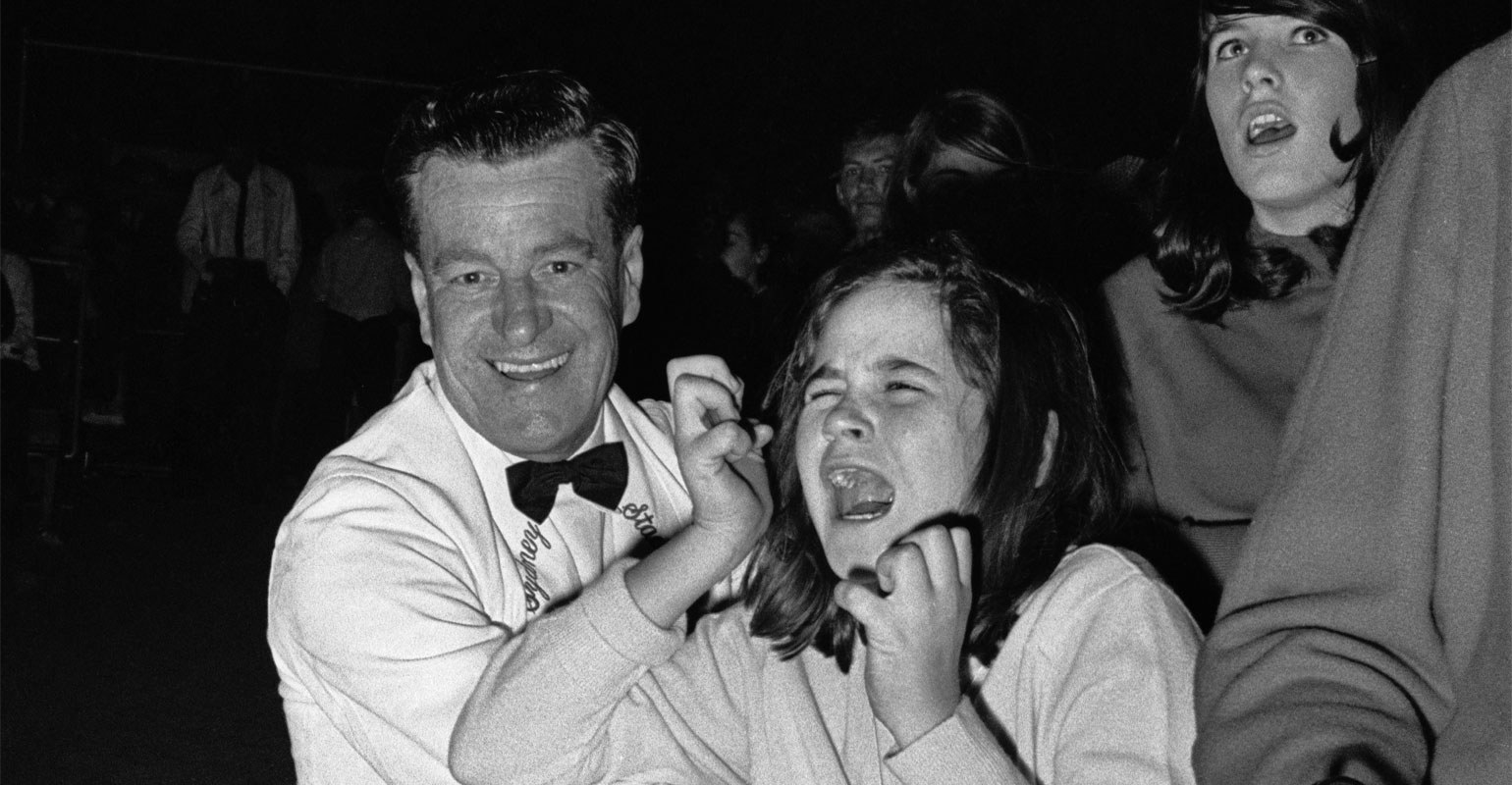
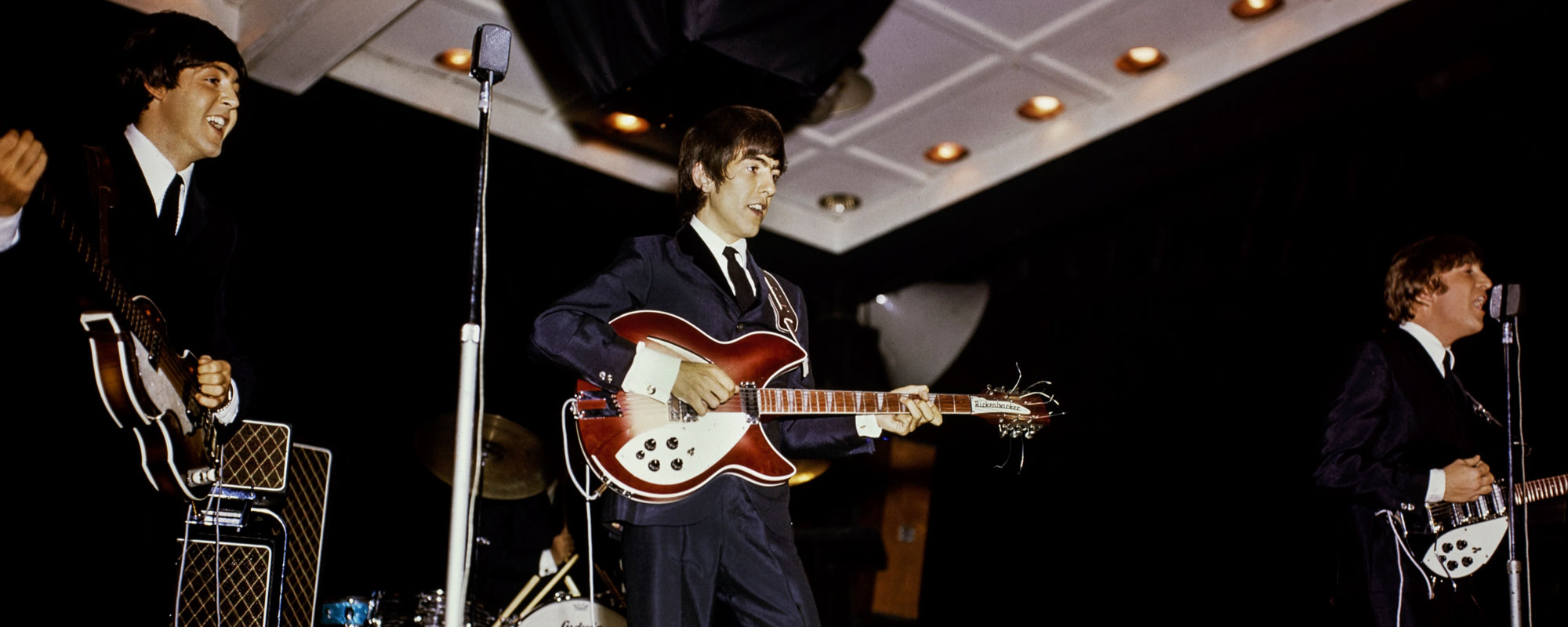
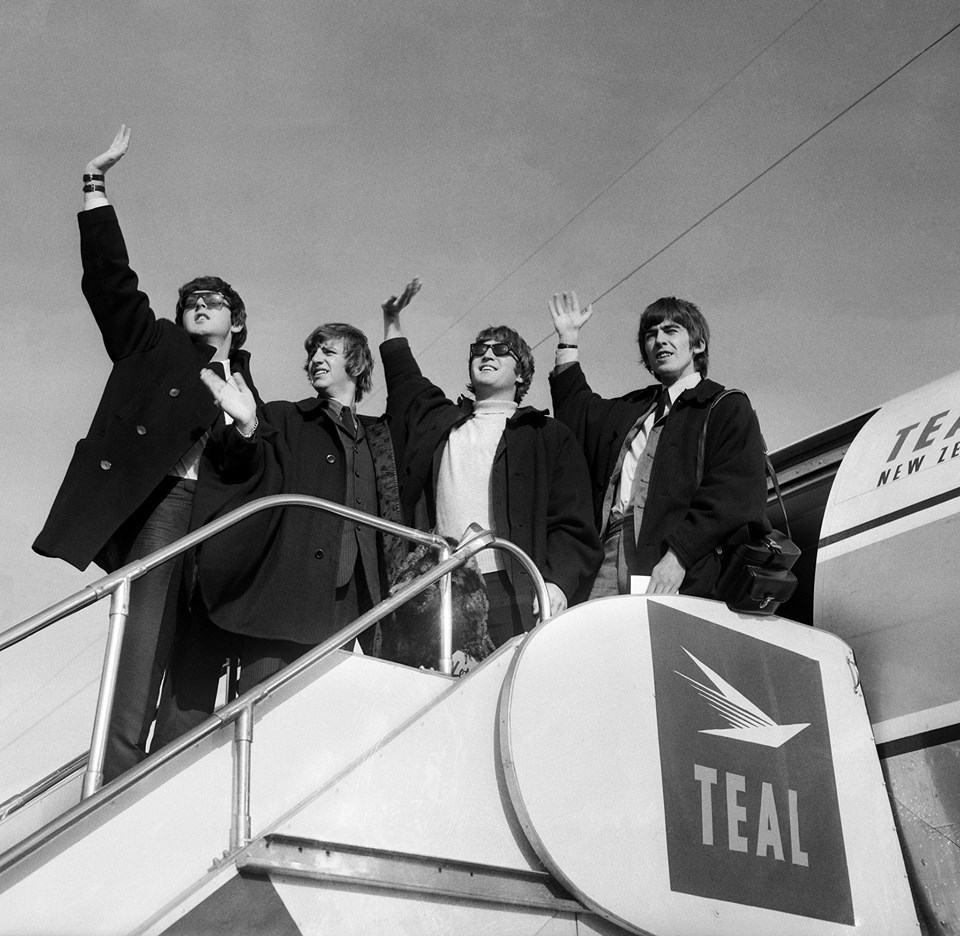
![[December 5, 1963] A Composer After My Own Heart (A theme song for <i>Dr. Who</i>)](https://i0.wp.com/galacticjourney.org/wordpress/wp-content/uploads/2018/12/631205delia_derbyshire.jpg?resize=672%2C372)









![[November 7, 1963] This Performance Not Wholly Silence (John Cage and his art)](https://i0.wp.com/galacticjourney.org/wordpress/wp-content/uploads/2018/11/631107cage1947.jpg?resize=672%2C372)
















































